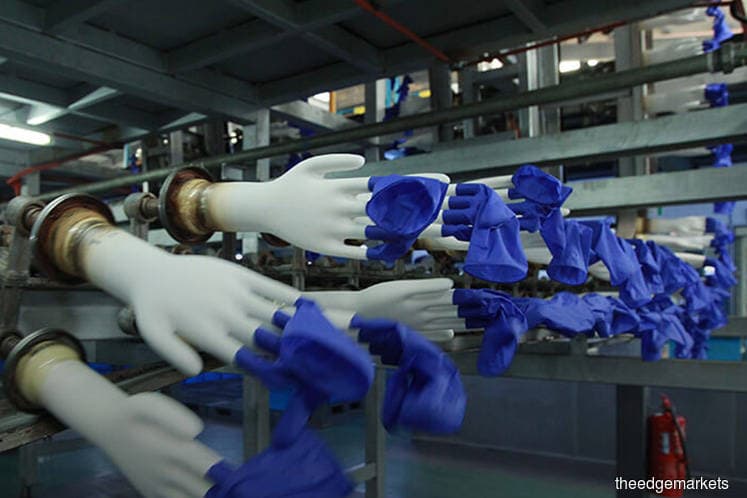
This article first appeared in The Edge Financial Daily on September 7, 2018
Glove sector
Maintain neutral: The government announced on Sept 5, 2018, that it is raising the minimum wage to RM1,050 from RM1,000 effective Jan 1, 2019 nationwide. This includes Sabah and Sarawak where the current minimum wage is at RM920. Recall that one of the items of the manifesto of the new Pakatan Harapan government is to raise the minimum wage from the current RM1,000/RM920 to RM1,500 with half of the increase to be borne by the government. However, the government announced recently that minimum wage will not be raised to RM1,500 immediately but it will be raised in stages in the next two years. It was also mentioned in the announcement yesterday that the government will not bear the additional RM50 increase in minimum wage next year.
While the increase in minimum wage in general is negative news for the overall sector, however, the impact on earnings of the glove manufacturer will be minimal as we note that most of the employees in the glove manufacturing sector are already earning more than RM1,050. For employees that fall below the minimum wage requirements, we estimate to be less than 10% of the total employees; our calculation shows that the impact on earnings of glove manufacturers will be less than 1%.
Aside from a minimal impact of less than 1% on the earnings of the glove manufacturers, the impact of the new minimum wage on the glove manufacturers is also negligible as the manufacturers will be transferring the increase in production costs to their customers, which has been the industry-wide practice all this while. In general, the labour cost constitutes 12% of the total glove production cost for the manufacturers.
All in, we are maintaining our “neutral” stance on the sector in view of the capacity constraint due to most manufacturers already operating at a sold-out capacity position at this juncture. Furthermore, potential earnings growth of these producers might be capped due to closure of some production lines for upgrades and revamps. Additionally, the sector remains unexciting due to lack of strong rerating catalyst. — MIDF Research, Sept 6